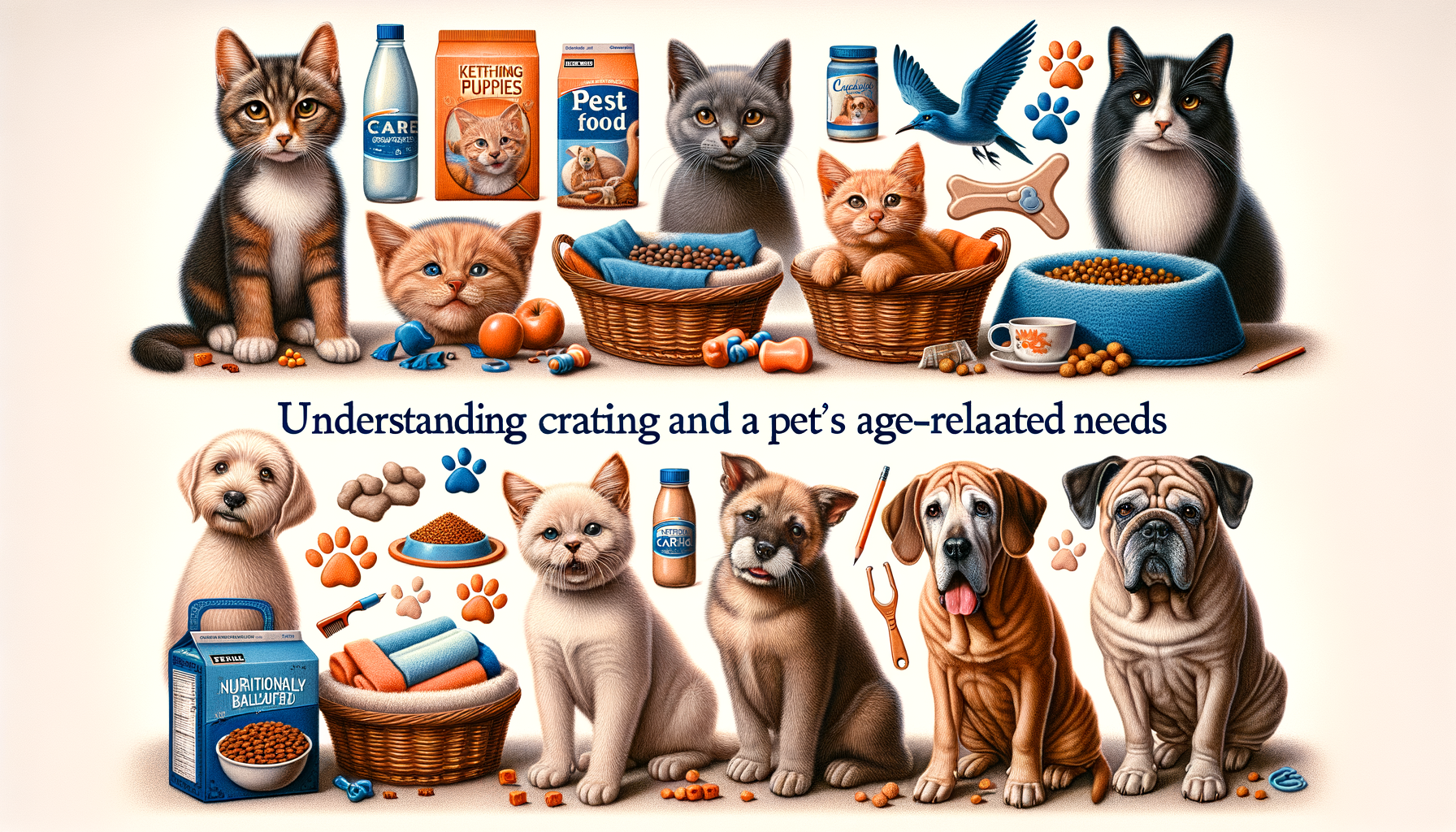Understanding the Life Stages of Pets
Pets, much like humans, go through distinct life stages, each with its own set of needs and challenges. Recognizing these stages is crucial for providing appropriate care. Typically, pets are categorized into three age groups: young, adult, and senior. Each phase demands different approaches to nutrition, exercise, and healthcare.
Young pets, such as puppies and kittens, require a lot of attention and energy. They are in a critical phase of growth and development, which necessitates a diet rich in nutrients to support their rapid growth. Regular veterinary check-ups are essential to monitor their development and to administer necessary vaccinations.
As pets transition into adulthood, their energy levels may stabilize, but they still require regular exercise to maintain a healthy weight and to prevent behavioral issues. Nutrition should be adjusted to prevent obesity, a common concern in adult pets. Regular health screenings become important to detect any early signs of health issues.
Senior pets often face age-related health challenges such as arthritis, vision or hearing loss, and decreased mobility. Their dietary needs may change, requiring food that supports joint health and is easy to digest. Regular vet visits are crucial to manage chronic conditions and to ensure a good quality of life in their golden years.
Tailoring Nutrition to Age-Specific Needs
Nutrition plays a pivotal role in each life stage of your pet. A well-balanced diet tailored to their age can significantly impact their overall health and longevity. For young pets, a diet high in protein and essential fatty acids is vital to support their rapid growth and development.
Adult pets benefit from a balanced diet that maintains their energy levels without contributing to weight gain. It’s important to monitor their calorie intake and adjust portion sizes according to their activity level and metabolism. Including a variety of nutrients helps in maintaining their coat, teeth, and overall health.
Senior pets may require specialized diets that address age-related health issues. Foods enriched with antioxidants can help in combating age-related cognitive decline. Additionally, supplements that support joint health, such as glucosamine and chondroitin, can be beneficial. It’s also important to ensure that their diet is easy to digest, as older pets often have more sensitive stomachs.
Exercise and Mobility Considerations
Exercise is a fundamental aspect of a pet’s life, but the type and intensity should vary according to their age. Young pets are typically full of energy and require plenty of playtime and exercise to develop their muscles and coordination. Engaging in interactive play and training sessions can also help in strengthening the bond between pet and owner.
For adult pets, regular exercise is crucial to maintain a healthy weight and to prevent the onset of obesity-related issues. Activities such as walks, fetch, and agility exercises can be beneficial. It’s important to tailor the exercise routine to the pet’s breed and individual energy levels.
Senior pets may have reduced mobility due to arthritis or other age-related conditions. Gentle exercises like short walks or swimming can help in maintaining their muscle mass and joint flexibility. It’s essential to monitor their activity to prevent overexertion and to provide a comfortable resting space to recover.
Healthcare and Regular Vet Visits
Regular veterinary care is essential at every stage of a pet’s life. Young pets require vaccinations, deworming, and monitoring for congenital issues. These early visits establish a health baseline and help in socializing the pet to routine check-ups.
For adult pets, annual health screenings are recommended to catch any potential health issues early. Dental health is particularly important, as periodontal disease is common in this age group. Regular teeth cleaning and check-ups can prevent more serious health problems down the line.
Senior pets often require more frequent vet visits to manage chronic conditions like diabetes, kidney disease, or arthritis. Blood tests, urinalysis, and other diagnostics can help in monitoring their health status. Pain management and quality of life assessments become a key focus during these visits.
Adapting Your Home Environment
As pets age, their needs within the home environment may change. Young pets require a safe space to play and explore, free from hazards such as electrical cords or toxic plants. Providing stimulating toys can help in their mental development and prevent destructive behavior.
Adult pets may benefit from having a designated space where they can relax and feel secure. Ensuring they have access to fresh water, a comfortable bed, and regular feeding times can help in establishing a routine that supports their well-being.
Senior pets often face challenges with mobility, so adapting the home to accommodate these changes is important. Consider installing ramps or pet stairs to help them navigate furniture or access their favorite resting spots. Providing orthopedic beds can also help in alleviating joint pain and ensuring a restful sleep.




Leave a Reply